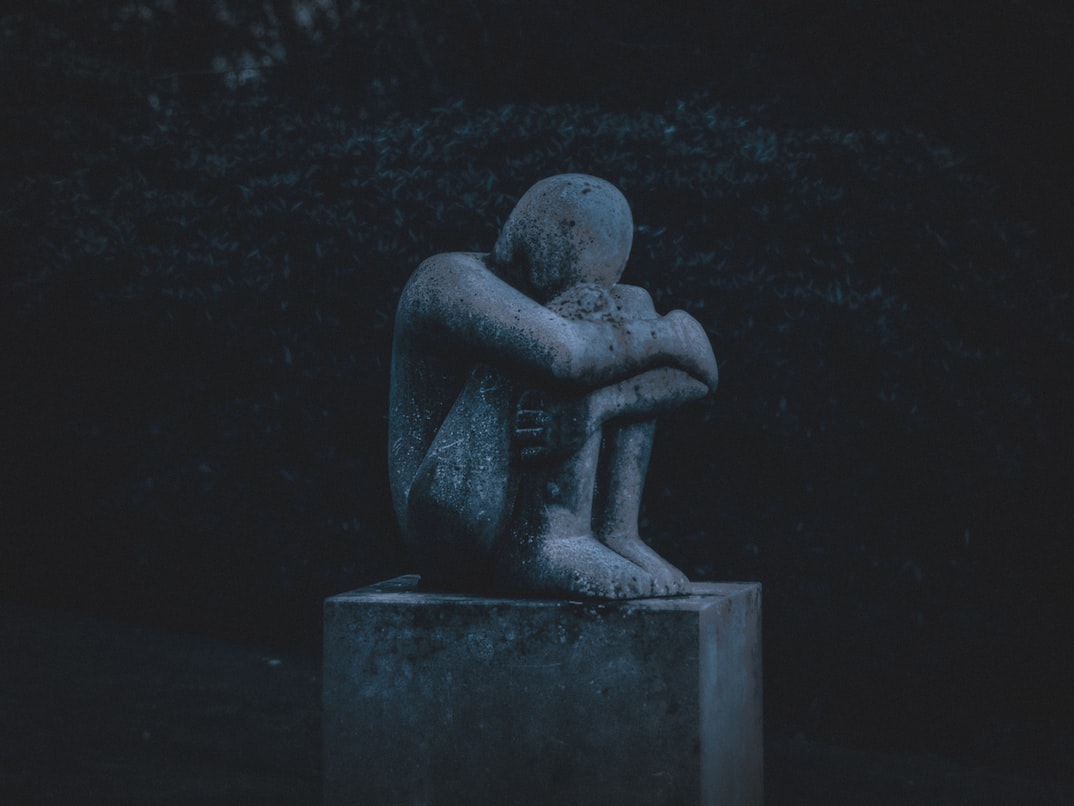Death is a an unfortunate part of life, yet the unexpected death of a family member is still something hard to accept for anyone. It can be a traumatic experience for those left behind.
Grief is one of the most painful feelings a person can experience. While it may be similar whether the death is unexpected or anticipated, a sudden loss is frightening and confusing, affecting your capacity to cope with what has happened.
If you are in the early stage of grieving, one step toward healing is knowing that there are available resources for those who suffered the death of a loved one.
Grief may impair your physical and mental health. That is why it’s essential to understand what you are going through and cope with it.
It’s normal to experience a sense of helplessness when you begin the process of healing and moving on from your loss. Even though no one can completely comprehend how you feel, you can take steps to make the grief process a little less difficult. Here are some helpful tips as you go through this challenging time:
- Understand That This Will Be An Emotional Time
As you grieve for your loved ones, you may feel a wide range of emotions, including shock, anger, disbelief, sadness, and even guilt. These emotions are natural, and recognition is important when you’re experiencing these emotions.
You should know that the grieving process does not follow a timetable or a set of steps. Every person grieves at a different pace.
Your wounds will begin to heal over time no matter how you feel. Allow yourself to mourn at your own pace. Moreover, don’t feel pressured to go through the grieving process quickly.
- Spend Time Talking About What You’re Going Through With Others
When you are struggling with the sudden death of a loved one, communicating with others can be highly beneficial. The company of others will not only be consoling, but it will also help make your mourning more bearable.
To better understand the death of a loved one, spend time talking with family and close friends for support. Do not be afraid to express your emotions to others, especially those going through the same thing as you are. Talking about it can even help you get hold of reality.
Another benefit of talking to others is that you can reminisce about memories of those who have passed away. Reliving the good times you shared might help you feel better. Additionally, it is a way you can provide and receive the emotional support you need.
- Accept Help From Others
When someone dies unexpectedly, it’s only natural for people to want to help the bereaved family in any way they can. You may not be up to socializing, but accepting assistance might give you more time to grieve.
Day-to-day responsibilities do not cease because a loved one has passed away. It’s normal to be reluctant to accept help, feeling like it’s a burden. Understand that if someone is willing to help you, it’s because they genuinely care about your well-being.
- Seek Professional Counseling
Never hesitate to seek professional assistance if your suffering feels unbearable. The sudden loss of a loved one can be very traumatic. Instead of allowing symptoms to turn into a more serious mental health problem, get help if you believe you need it.
A professional counselor or psychologist can assist you in coping with the feelings you are experiencing. If you want additional help, a skilled professional can provide recommendations or provide prescriptions for the help you need.
- Get Back Into Regular Routines
When a person dies, the rest of the world goes on as usual. It may be difficult, but getting back to your regular routines might help you cope with your loss more effectively.
Returning to your routine will also help you regain a sense of normalcy and comfort. While you should not feel obligated to return to your everyday life right away, doing so might help your mourning process.
Acknowledge how the loss of a family member has affected your daily routines alongside your loved ones. Together, you can understand the changes and develop a solution for any adjustment.
Takeaway
When a close family member or friend passes away unexpectedly, it serves as a sobering reminder of how frail life is. Loss is difficult, and the process of mourning takes time.
It’s understandable if you’re afraid of moving on with your life because doing so seems to imply that you’ve forgotten about the person you lost. In reality, it’s quite the contrary. With care and support, you’ll gradually come to terms with the loss of your loved one while still having a particular place for them in your heart.
The most effective way to move forward is to live in a way that values your relationship with them while still choosing to experience life with those who remain.

